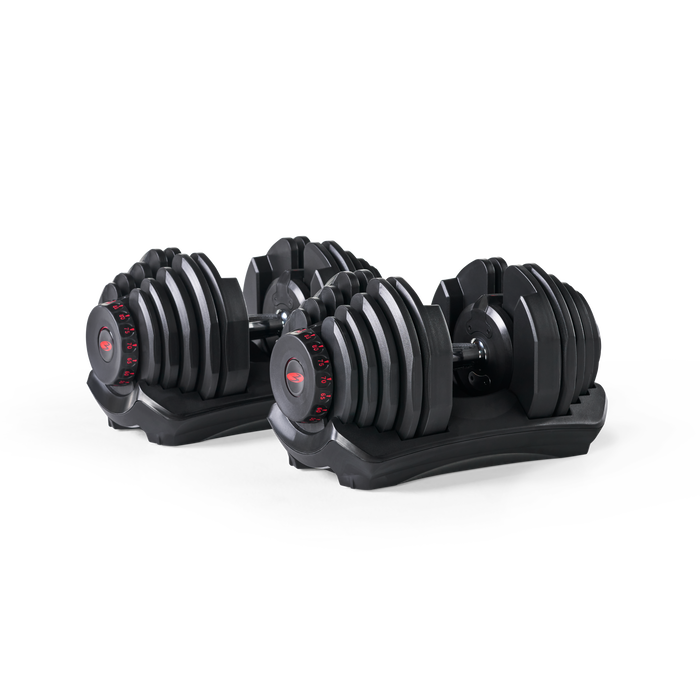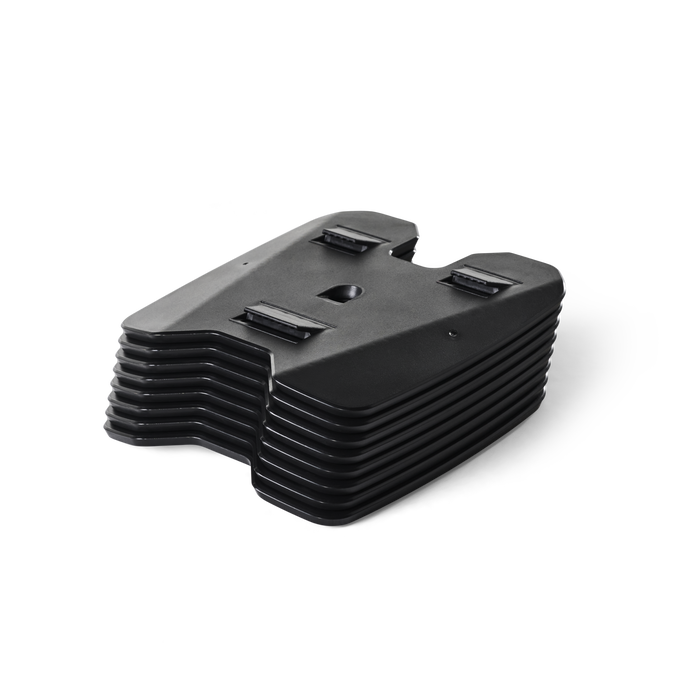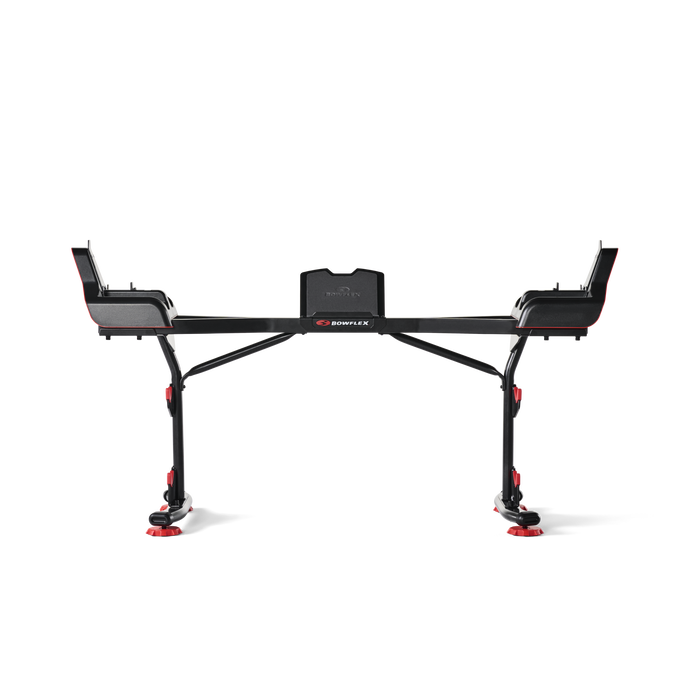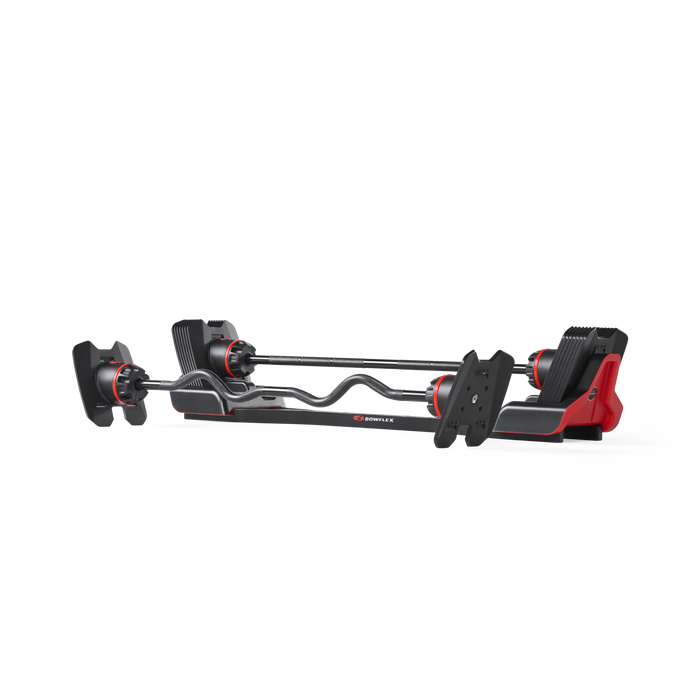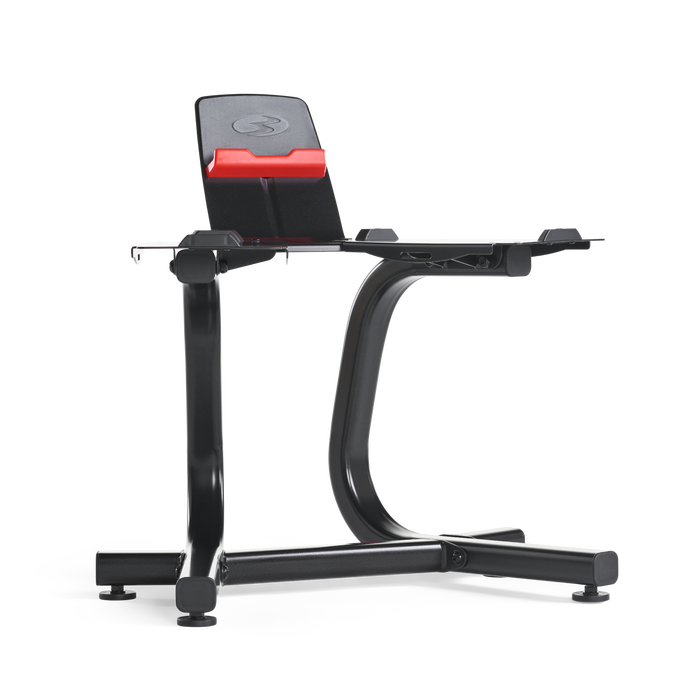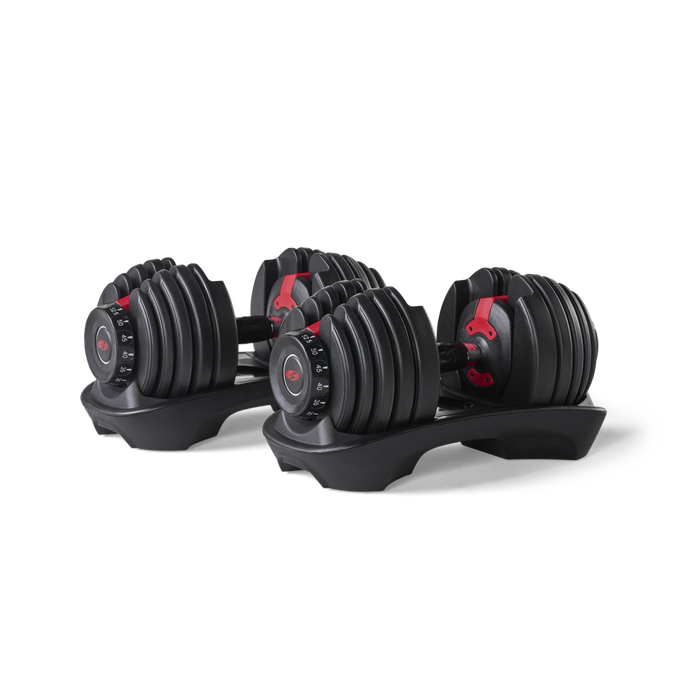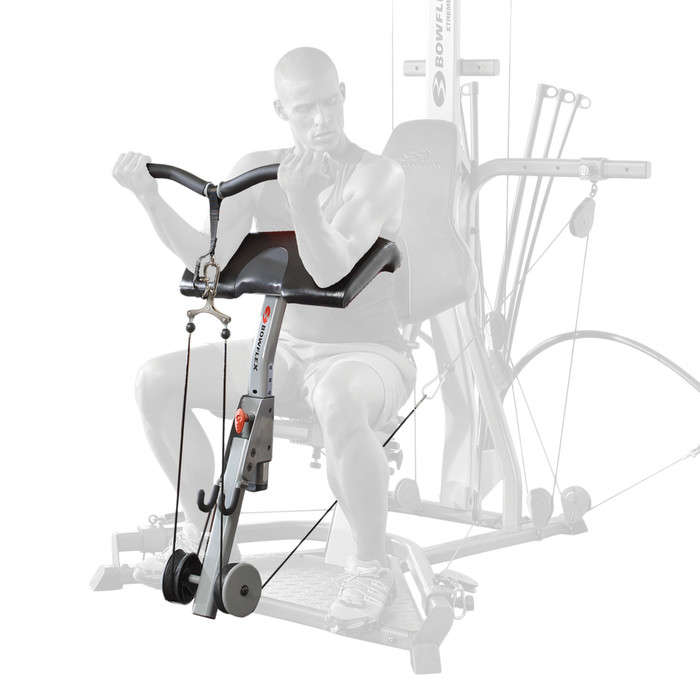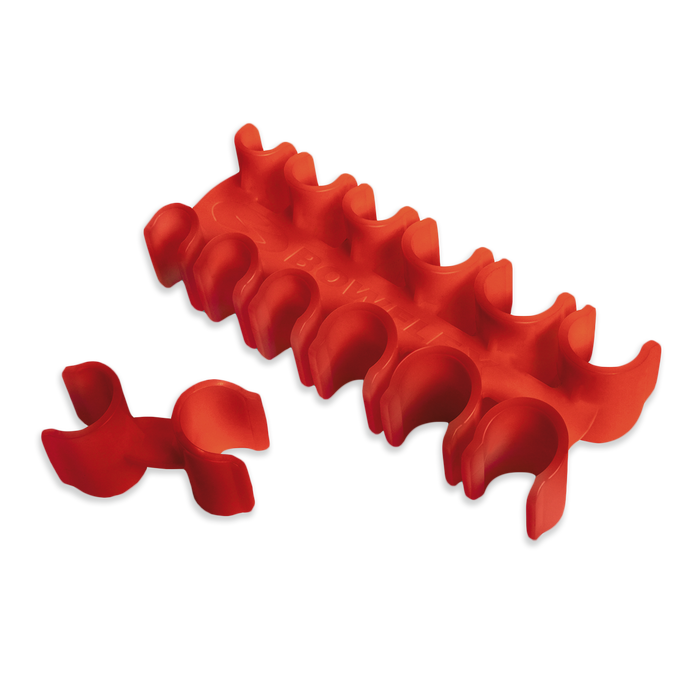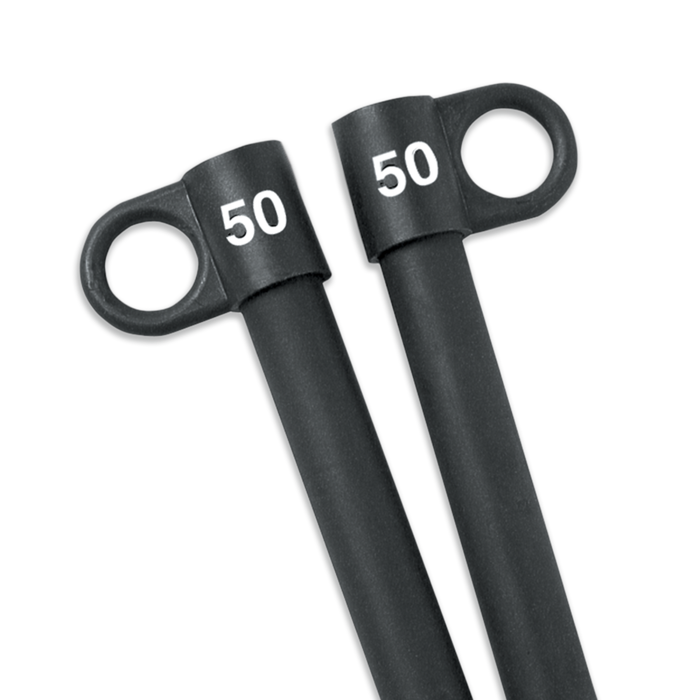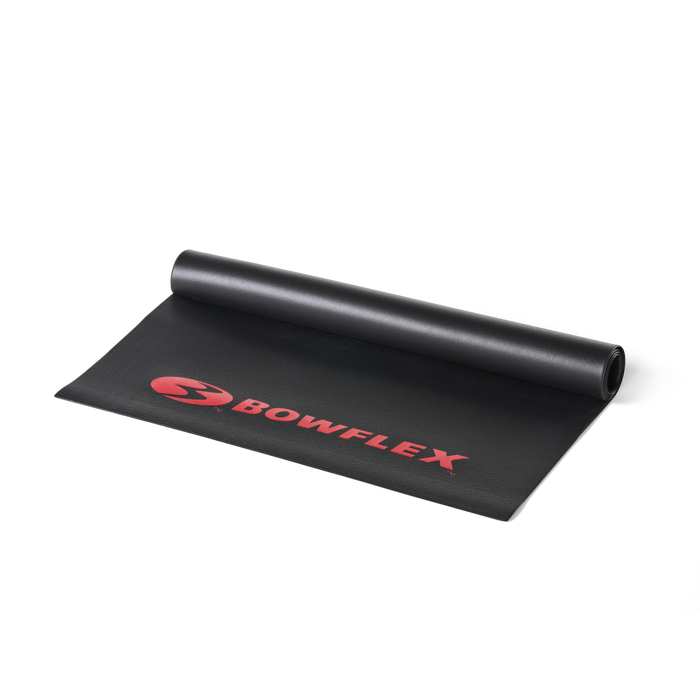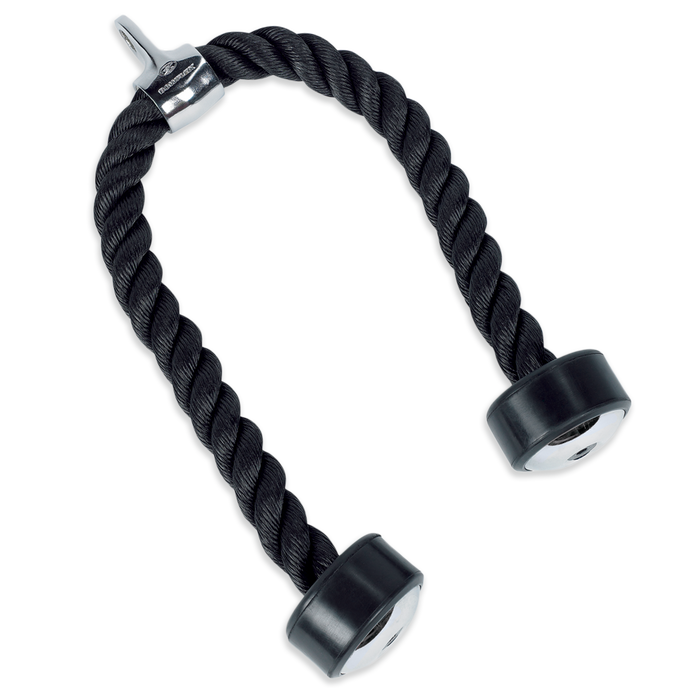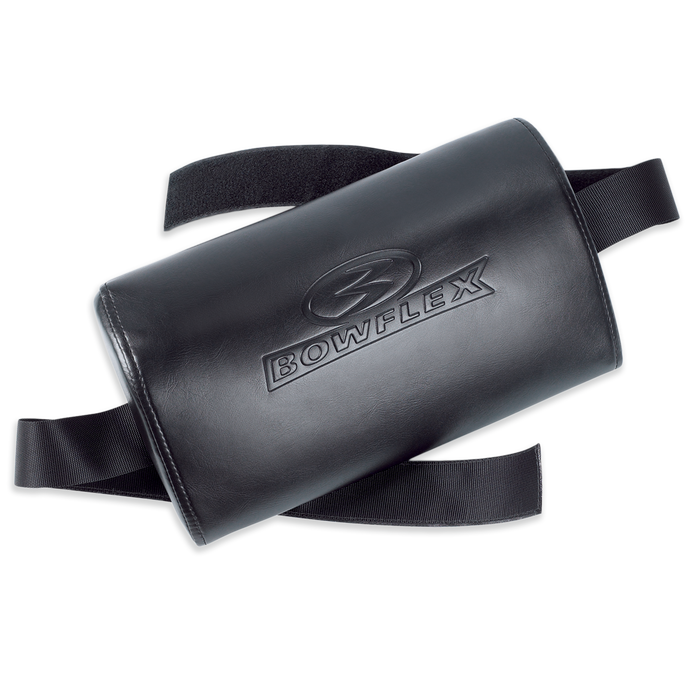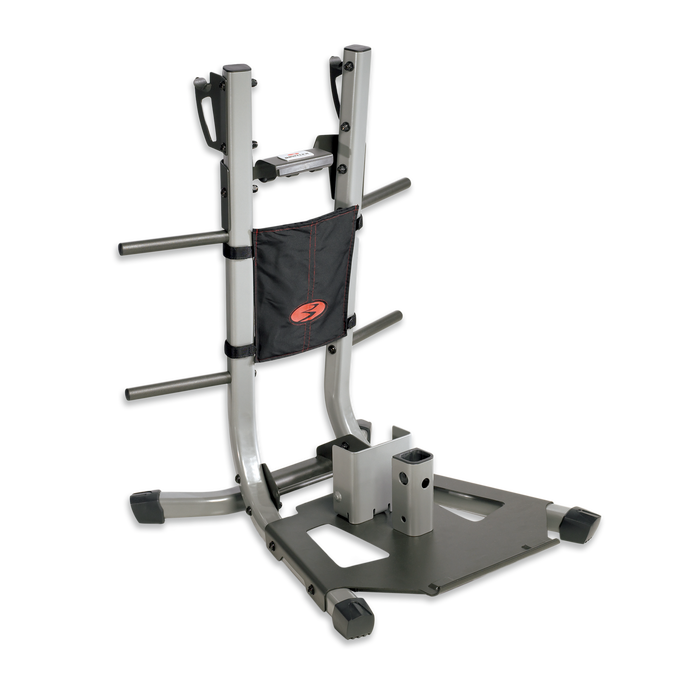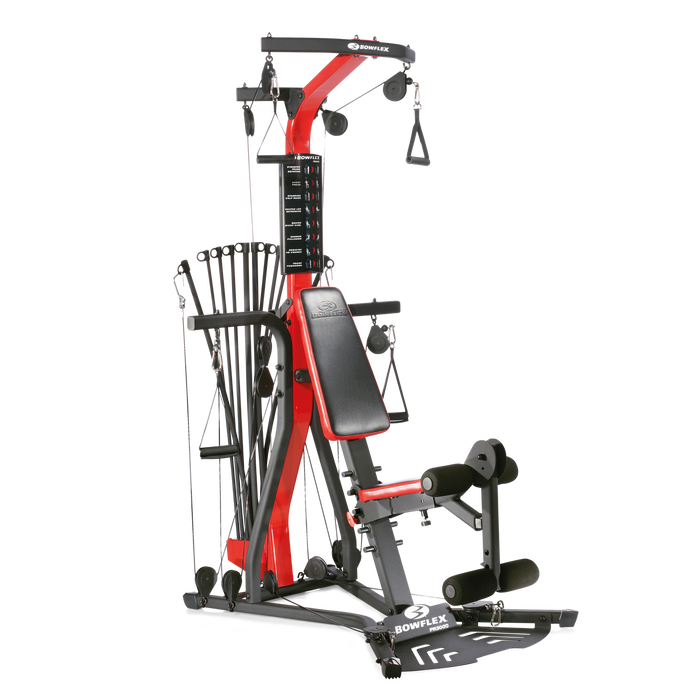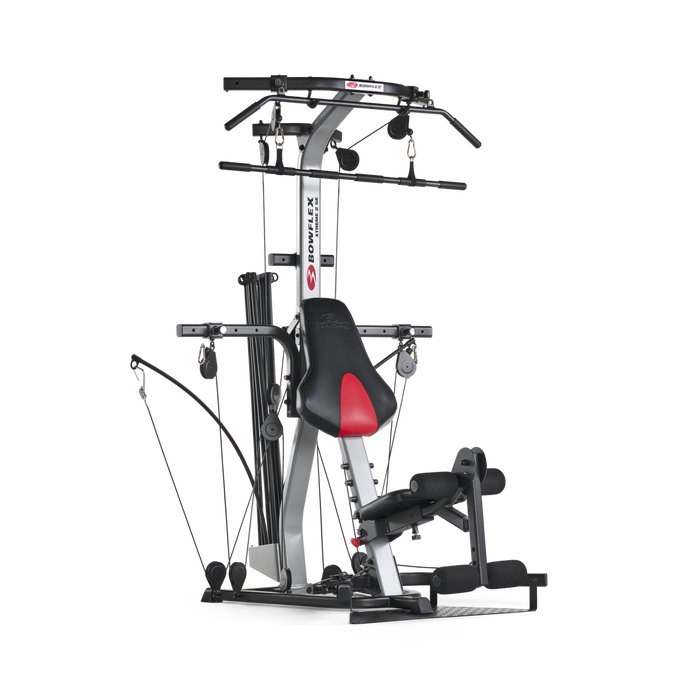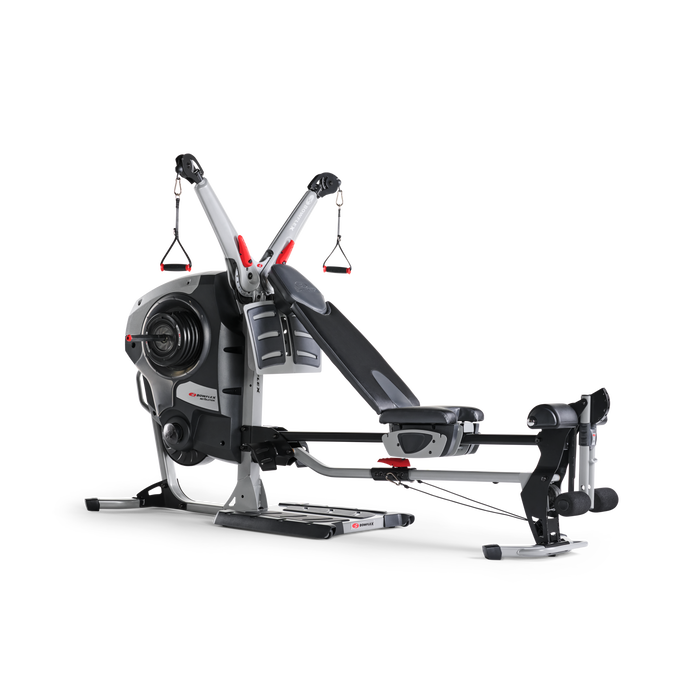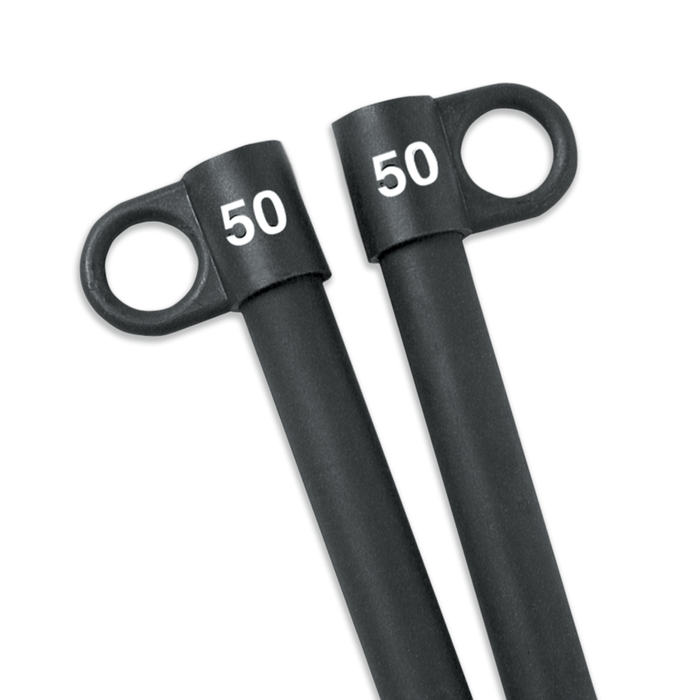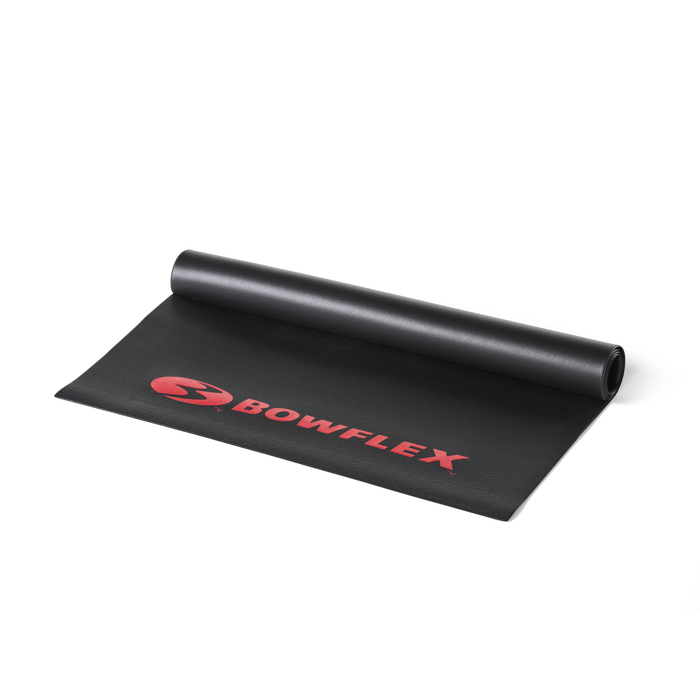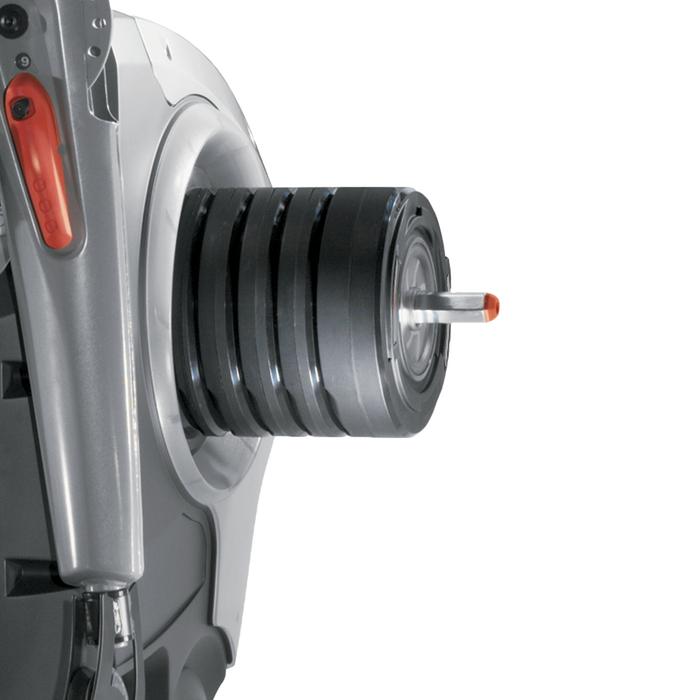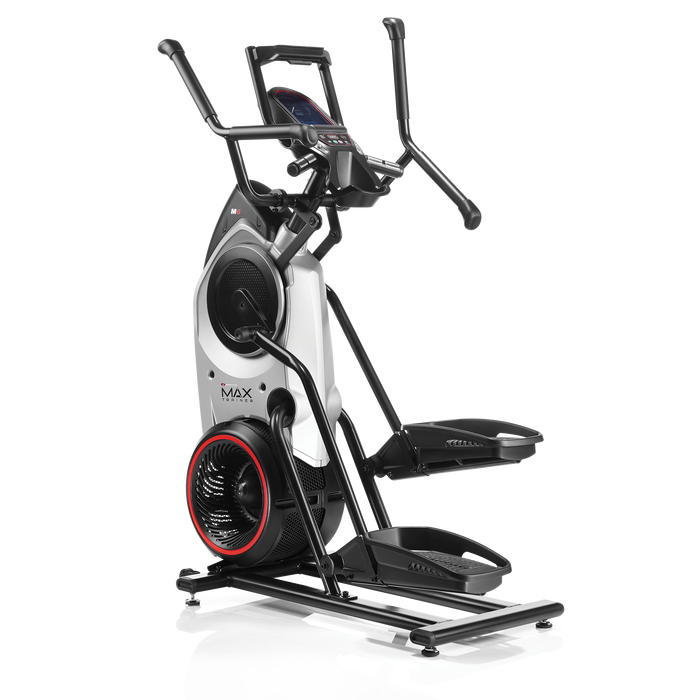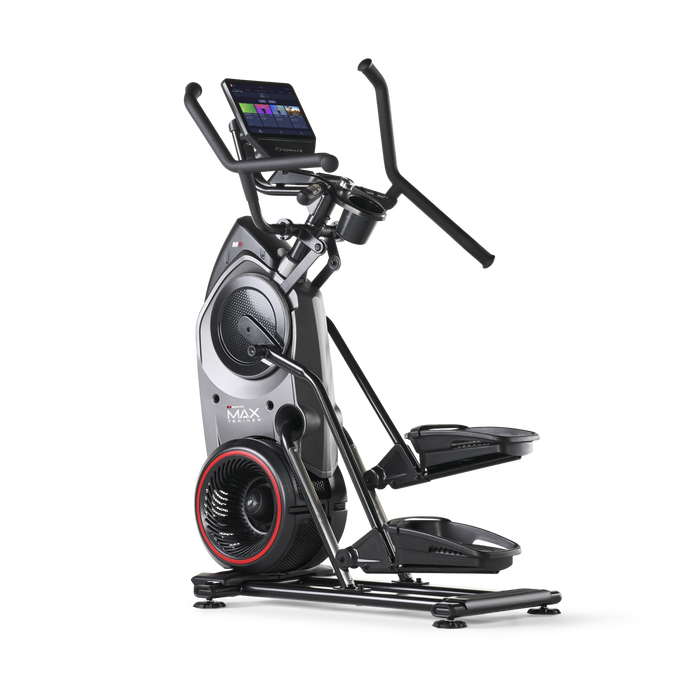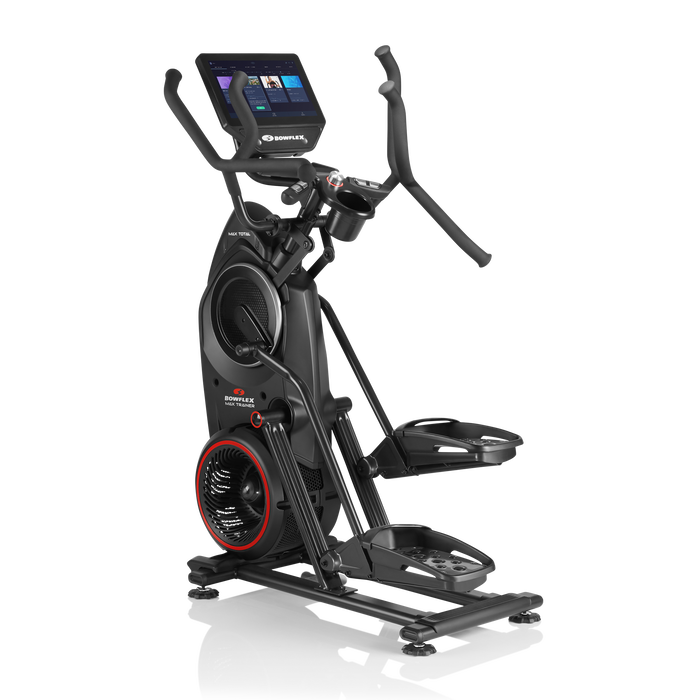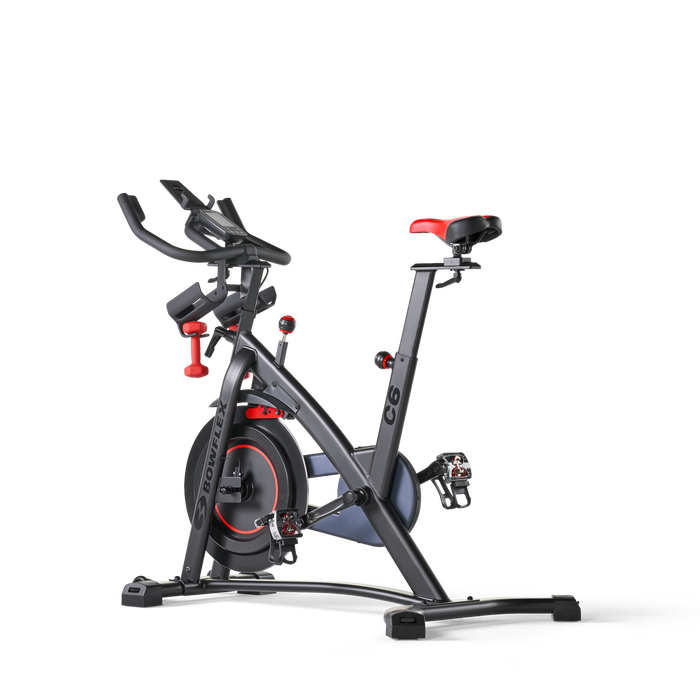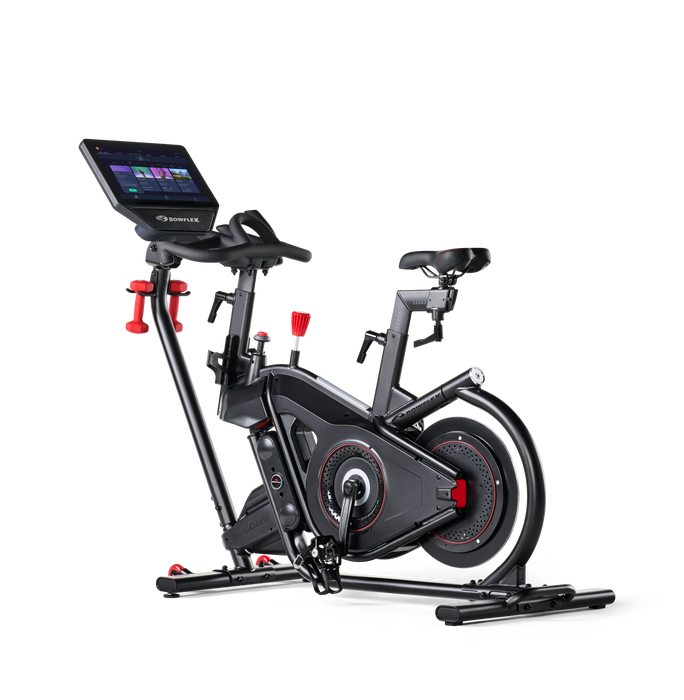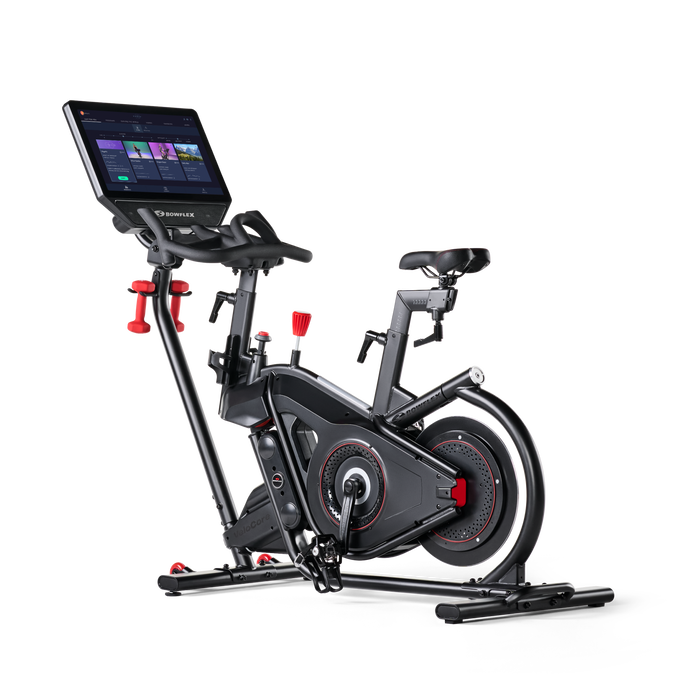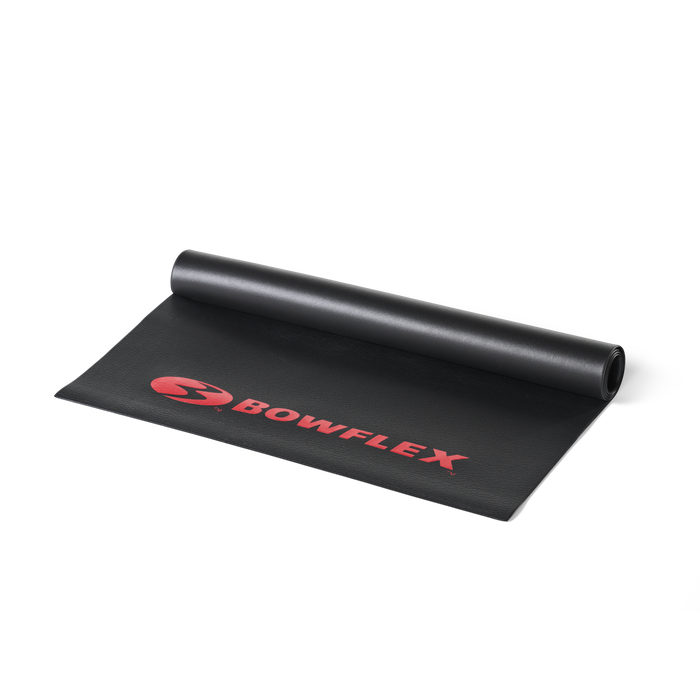Protein Do's and Don'ts: Part 1

Protein is suddenly being preached as the magic potion for results by everyone from weight loss coaches to athletes to fitness enthusiasts. While protein is essential to build and maintain muscle, provide the building blocks for hormones and many other metabolic processes, you can easily overdue it on the protein. Over-emphasizing protein intake might make you overlook the quality of protein-rich whole foods and miss out on key nutrients from other food groups. Follow these do's and don'ts and you'll get the most from protein to translate into the results you want.
Do: Focus on Whole Food Sources of Protein.
Don't rely on protein bars, shakes, and powders. These are convenient and tasty, but many products contain stuff you're better off without, such as added sugars, artificial sweeteners, colors, and fillers. The quality of powdered proteins isn't on par with whole foods, including meat, poultry, eggs, dairy, nuts, and beans. When shopping for protein powder, look for whey protein isolate as the first ingredient and limit your intake of a protein product to once per day or less.
If it isn't practical or appealing to chomp on a chicken breast or flank steak right after a workout (I'm guessing it's not!), there are good alternatives. If you've worked out intensely for 45 minutes or more, having a post-workout snack with a combination of quickly absorbed carbs and 20-35g of protein is optimal to help build muscle and replete your energy. Alternatives to bars and shakes include chocolate milk, yogurt or kefir, and fruit with peanut butter or nuts. If you do opt for a shake, combine it with fruit to get ample carbs.
Don't: Overlook the power of plant protein.
Do: Expand your protein palate and add beans, lentils, or other high-protein grains, such as, quinoa, freekah, and wheat berries to meals. Better yet, eat a combination of meat and plant protein to get a variety of nutrients and fiber from complex carbohydrates. Considering plant proteins from the bulk food isle are significantly less than powdered protein products, adding them to your diet can also help reduce your monthly food bill! Although animal protein has the complete amino acid profile our bodies need, research shows that eating more plant-based foods is better for overall health. You can still effectively build strength and muscle with plant protein.
Do: Buy organic whenever possible.
Purchasing organic foods from the top of the food chain is most beneficial to your health. If you can afford it, buy organic or locally raised eggs, dairy, meat, poultry, and look for wild caught fish. If this is a challenge, look for items, such as, organic whole chickens or chicken thighs. These are generally much cheaper than organic chicken breasts. Another budget-friendly tip is to buy organic of whatever you eat the most of.
Coming in Part 2: Expanding protein options, how much protein you really need, and more!

